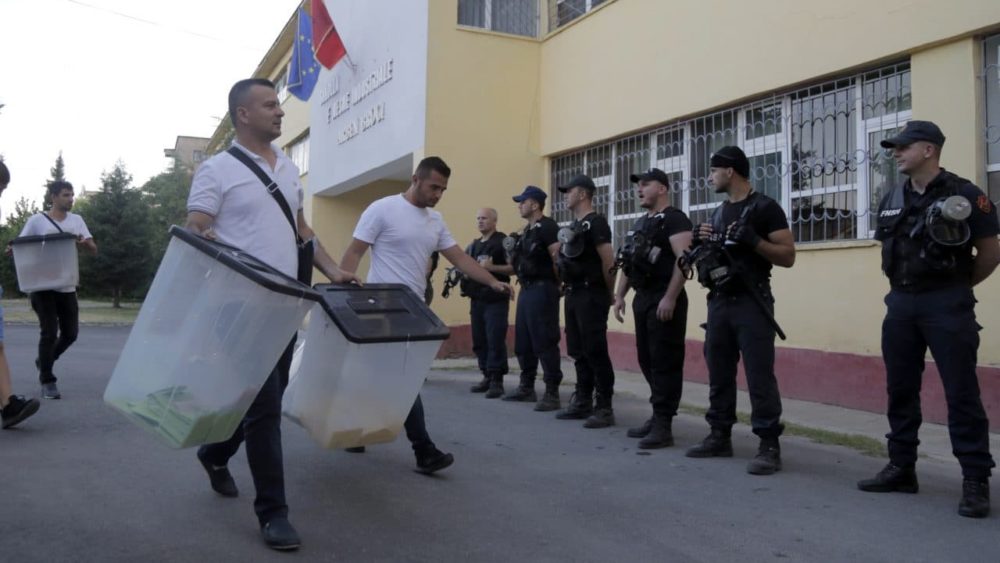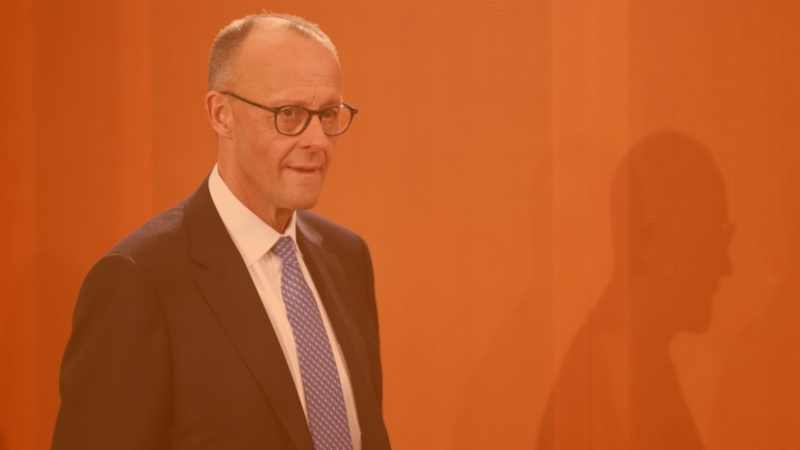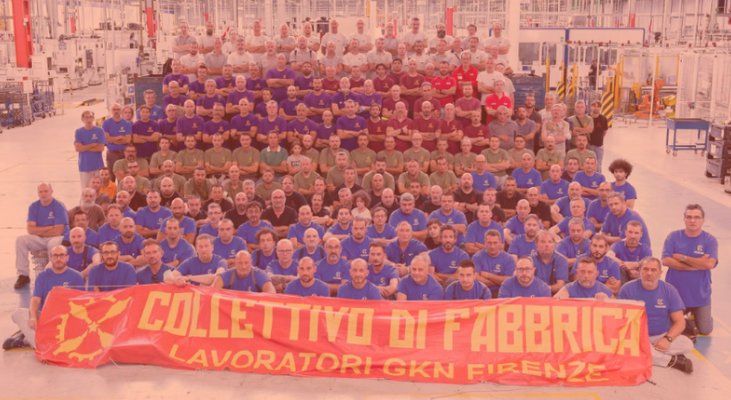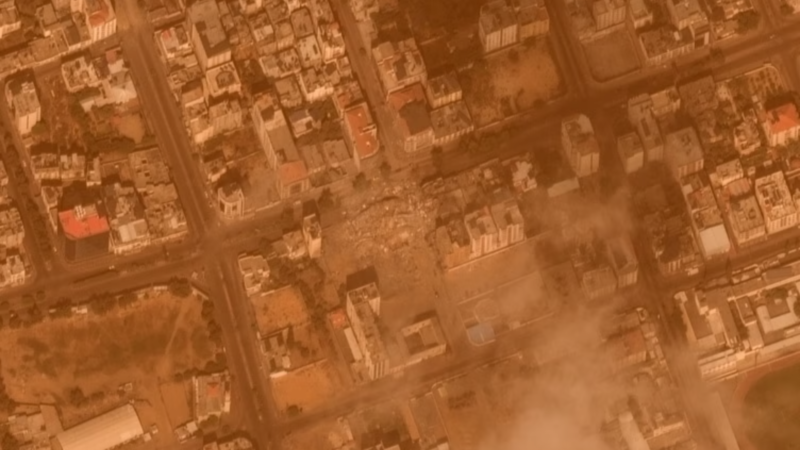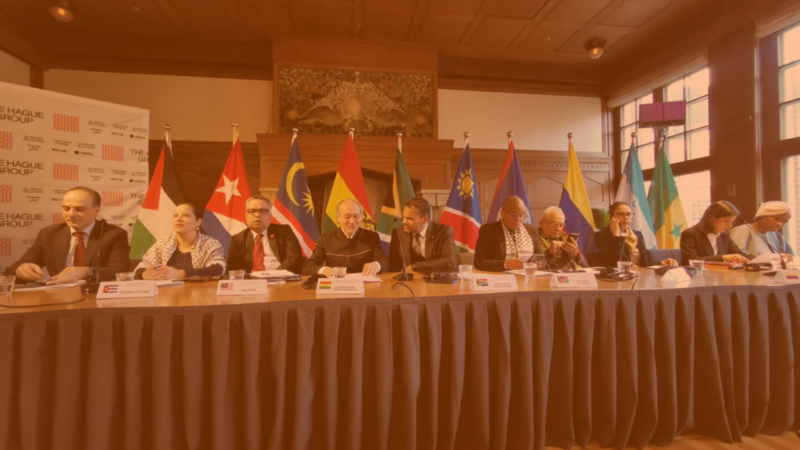Albania faces general elections on April 25, under a “seemingly” tense and “crucial” situation for the country’s fate, common rhetoric used by the political forces throughout the 3-decade post-dictatorship electoral history.
The Socialist Party of Albania, led by Edi Rama, has been leading the country for 8 years, since 2013, when Albanian voters punished the Democratic Party — consumed by numerous corruption and misgovernment scandals — by massively voting against it.
Today the country is enduring a socio-economic crisis, worsened by the Covid-19 pandemic, with a very high level of corruption and growing inequality as a result of neoliberal policies such as PPPs and the concentration of wealth in the hands of very few oligarchs and corrupted rulers.
Rama’s 8-year rule has been marked by countless scandals. In countries with minimal democracy, it would have been overthrown — or at least have faced strong civil resistance — through protests. Some of these scandals include extreme nepotism in making and enforcing laws, vote theft, money laundering, drug trafficking, police violence, suppression of democratic protests by force, discrimination of refugees by depriving them of basic rights and the deterioration of media freedom where alerts for violence and intimidation against journalists have increased.
The latest failure of the government is the management of the COVID-19 situation, a failure which the government has described as “a success”, but investigations by various journalists have proven the opposite.
In the upcoming elections the Socialist Party faces a united opposition, composed of the Democratic Party plus The Socialist Movement for Integration. These parties, even whilst facing an arrogant and heavily consumed adversary, remain unable to convince the broad mass of voters to rotate massively in their favour, partly because the pre-2013 scandals involving both parties are still fresh in the collective memory of Albanians.
A significant fact that marks the true opposition spirit in Albania is the high number of people who do not want to vote or are undecided, which now stands at 17% according to various polls.
While in the centre the situation seems hopeless, with no alternatives and with the concept of voting for the lesser evil, in the periphery hope has been born. A miner from the town of Bulqiza, named Elton Debreshi, is running as an independent candidate in the Dibra district, 114km away from Tirana.
Debreshi’s candidacy has a broader background. In November of 2019, Debreshi together with his colleagues, decided to create the Union of United Miners of Bulqiza, a crucial moment for the mining town ruled by oligarchs and criminal gangs. The miners created a joint organisation, breaking away from the old corrupt unions.
Immediately after that, the AlbChrome company owned by the infamous oligarch Samir Mane, decided to fire Debreshi with an illegal and arbitrary decision. This forced the miners to go on strike. But then the company fired the members of the Trade Union Council, Beqir Duriçi, Behar Gjimi and Ali Gjeta.
This is where Debreshi’s inspiring and meaningful journey begins. Starting from specific class interests seeking the approval of the Miner Status, he has now become a symbol of the working class struggle in Albania. The Miner Status had been promised for many years by various politicians, but today remains an unfulfilled promise.
Although his candidacy is viewed with scepticism, since he is running as an independent candidate, the arrival of an honest worker in the Albanian parliament filled with corrupt elites and bandits, will not be only a simple political innovation but a very important historical moment.
In a country with a fragile trade union culture and where the rights of the working class are suppressed on a regular basis, Elton’s victory would be a key and decisive step in building a concrete basis for developing a systemic counter-attack against the rotten political caste and oligarchy in the country.
The working class of Albania, for years excluded from the participation spheres of the country’s society, has its candidate, and after April 25 its possible representative in parliament. The enthusiasm and solidarity felt in his campaign give hope for the future. It shows a significant example of democracy in a country where the conception of rights is lacking and deficient. After so long, Albanians now have a clear example of how social and political rights are never bestowed but won at all costs.
The unification of the workers, the downtrodden and all who are victims of social injustices, would be the first step in creating a movement that has at its core the radical change of the society. An alternative socio-political movement that focuses on anti-capitalist change and the fight against social inequality.
Join DiEM25 to develop this alternative model for Albania!
Photo (c): EPA-EFE/MALTON DIBRA
Do you want to be informed of DiEM25's actions? Sign up here





